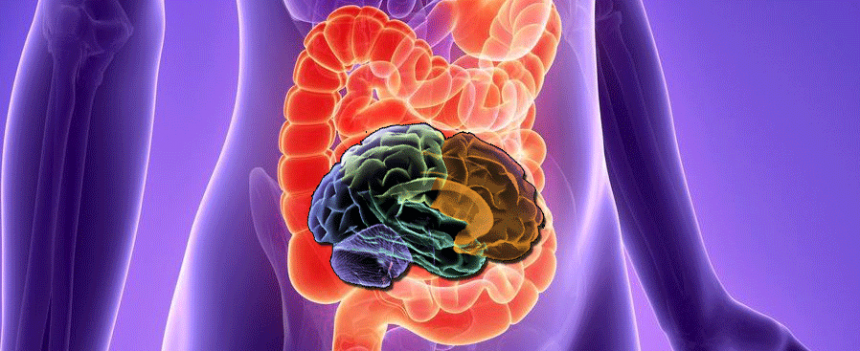
Gastrointestinal Stress Biology Laboratory



Susceptibility to chronic, debilitating diseases in people and animals is profoundly influenced by adverse, stressful events that occur early in life. The gastrointestinal (GI) system, which contains the largest and most complex immune system and peripheral nervous system in the body, is particularly sensitive to the effects of early-life adversity (ELA), as evidenced by a significant association between ELA and the later-life onset and severity of highly prevalent and debilitating GI neuroimmune disorders including functional bowel diseases (e.g. irritable bowel syndrome (IBS), inflammatory bowel disease (IBD), and food allergy). In animals, common early life stressors associated with management (e.g. early weaning/maternal separation, social group disruption, etc.) are linked with compromised gut health and increased disease risk throughout their lifespan. Further, ELA and GI disease are co-morbid with a number of neurobehavioral disorders including depression and addiction, which highlights the importance of the communication along the gut-brain axis in disease susceptibility.
Centered at the intersection of human and animal health, this collaborative and multidisciplinary research program seeks to elucidate the mechanisms by which ELA increases disease risk throughout the lifespan. Funded by the National Institutes of Health, the United States Department of Agriculture, and industry and private sponsors, we are currently investigating how ELA and biological sex interact to alter the normal development of gut-brain communication, via innate immune signaling. We hypothesize that these interactions are critical in increasing vulnerability to gut-brain axis disorders, such as IBS, allergy, and major depressive and anxiety disorders.
Some questions we are currently asking:
- How does early life stress or trauma alter the trajectory of GI, immune, and nervous system development and increased disease risk throughout the lifespan?
- How are mast cells—critical innate immune cells involved in health and disease—modulated by the stress response, and how does this contribute to stress-related GI immune dysfunction and neurobehavioral disorders, such as depression and anxiety?
- Does sex matter? Why do females and males respond differently to stress, and what are the underlying mechanisms that drive sex biases in immune-related diseases?
